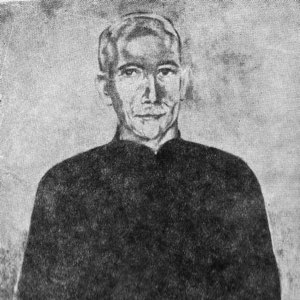
Paul Brunton (1898 – 1981) was a British spiritualist and author. He is best known as one of the early popularizers of Neo-Hindu spiritualism in western esotericism, notably via his bestselling A Search in Secret India in 1934. In 1930, Brunton embarked on a voyage to India, which brought him into contact with Meher Baba, Vishuddhananda Paramahansa and Ramana Maharshi, which had a profound affect on him. In the 1950s, Brunton retired from publishing books and devoted himself to writing essays and notes. Upon his death in 1981 in Vevey, Switzerland, it was noted that in the period since the last published book in 1952, he had rendered about 20,000 pages of philosophical writing.

Quotes by Paul Brunton…
The inner life is the root of the outer one. What is created there, is eventually expressed here.
If there is so much friction, violence, and tension in the world, it is only because so many individual persons themselves are inwardly experiencing these things… If there is so little real peace in the world, it is only because there is so little real peace in the individuals who live in the world.
During the gap — infinitesimal though it be — between two thoughts, the ego vanishes. Hence it may truly be said that with each thought it reincarnates anew. There is no real need to wait for the series of long-lived births to be passed through before liberation can be achieved. The series of momentary births also offers this opportunity, provided a man knows how to use it.
There is some confusion on this point in the minds of many students. On attaining enlightenment a man does not attain omniscience. At most, he may receive a revelation of the inner operations of life and Nature, of the higher laws governing life and man. That is, he may also become a seer and find a cosmogony presented to his gaze. But the actuality in a majority of cases is that he attains enlightenment only, not cosmogonical seership.
As he advances in the idea of being detached from results and possessions, he will inevitably have to advance in the idea of being detached from concern about his own spiritual development. If he is to relinquish the ego, he will also have to relinquish his attempts to improve it. This applies just as much to its character as to its ideas.
When the ego is brought to its knees in the dust, humiliated in its own eyes, however esteemed or feared, envied or respected in other men’s eyes, the way is opened for grace’s influx. Be assured that this complete humbling of the inner man will happen again and again and again until he is purified of all pride.
No announcements tell the world that he has come into enlightenment. No heralds blow the trumpets proclaiming man’s greatest victory — over himself. This is in fact the quietest moment of his whole life.
